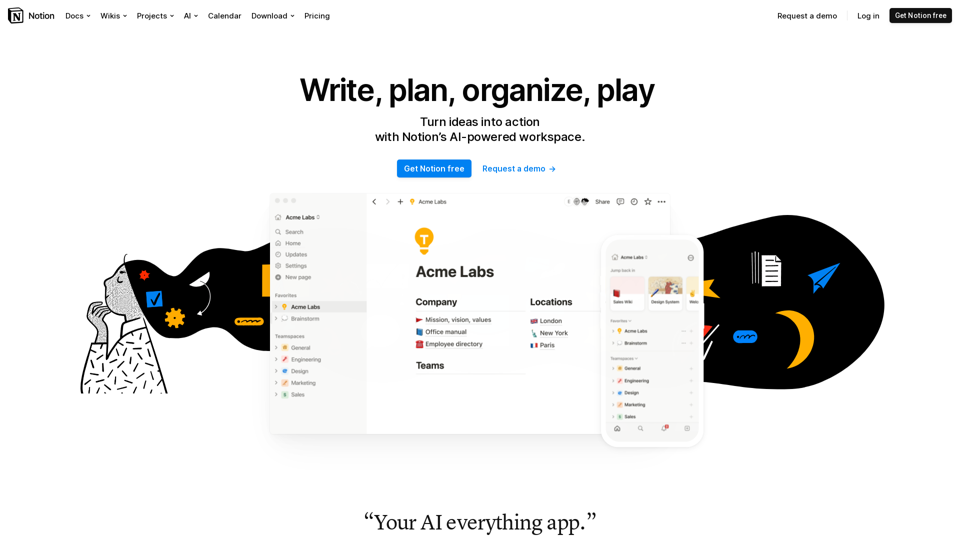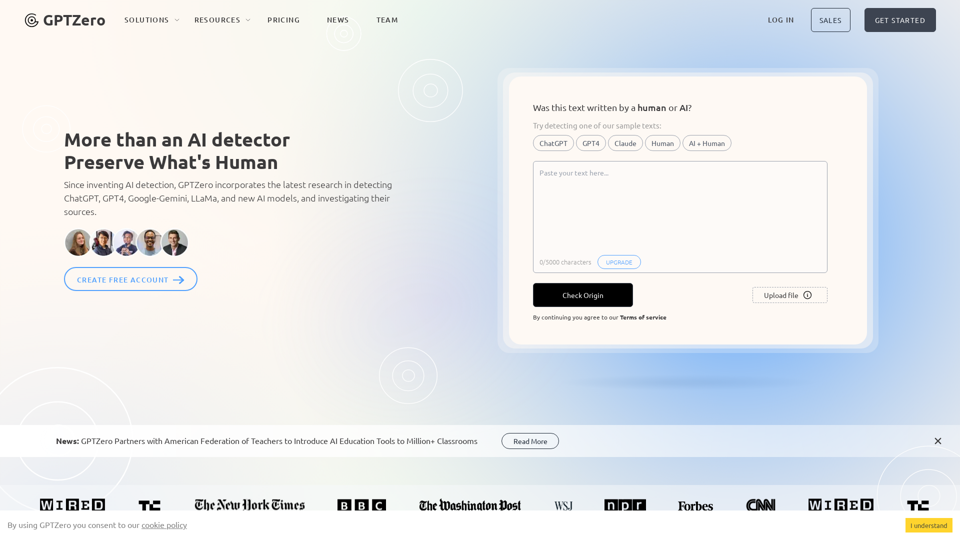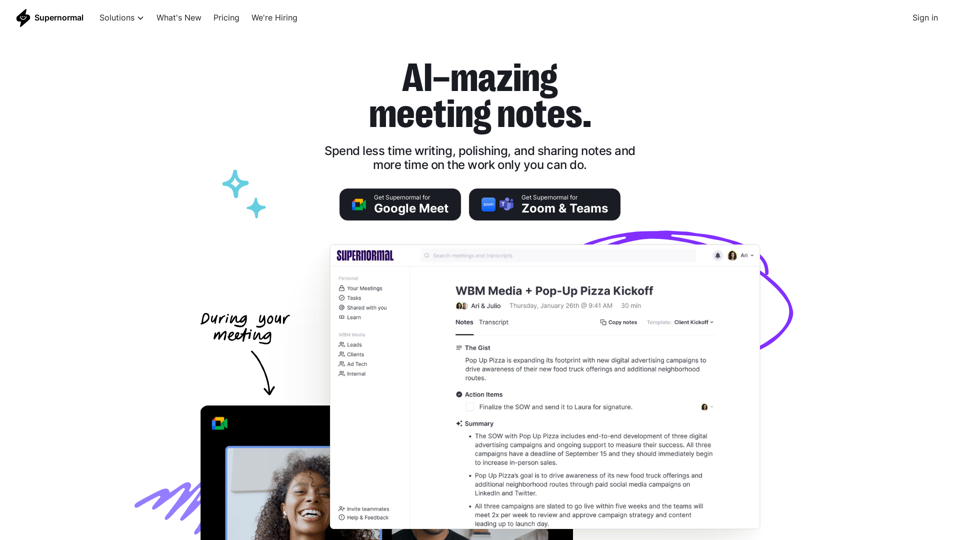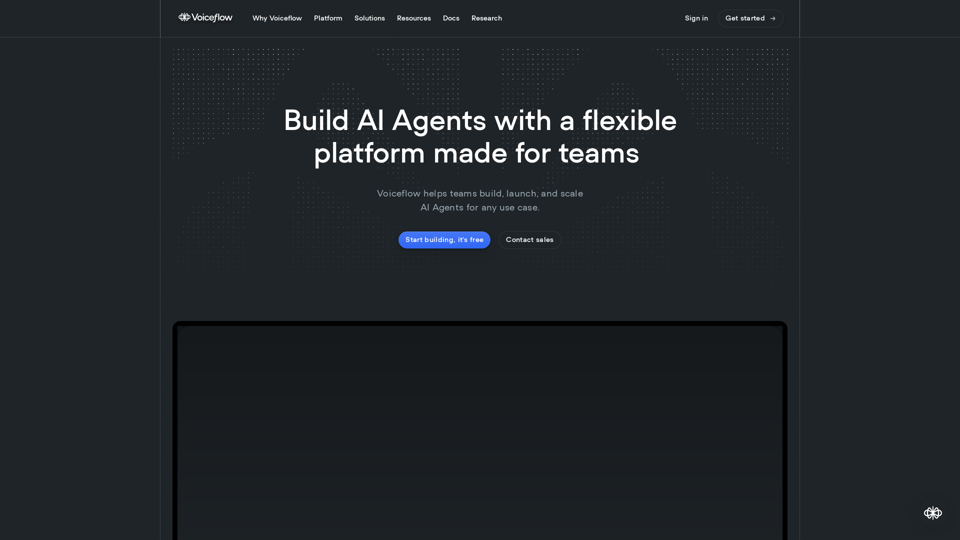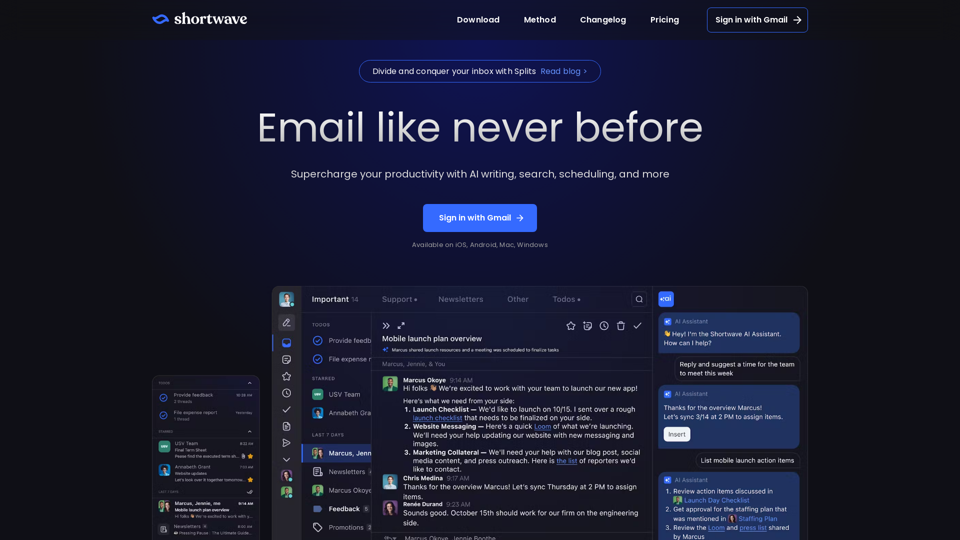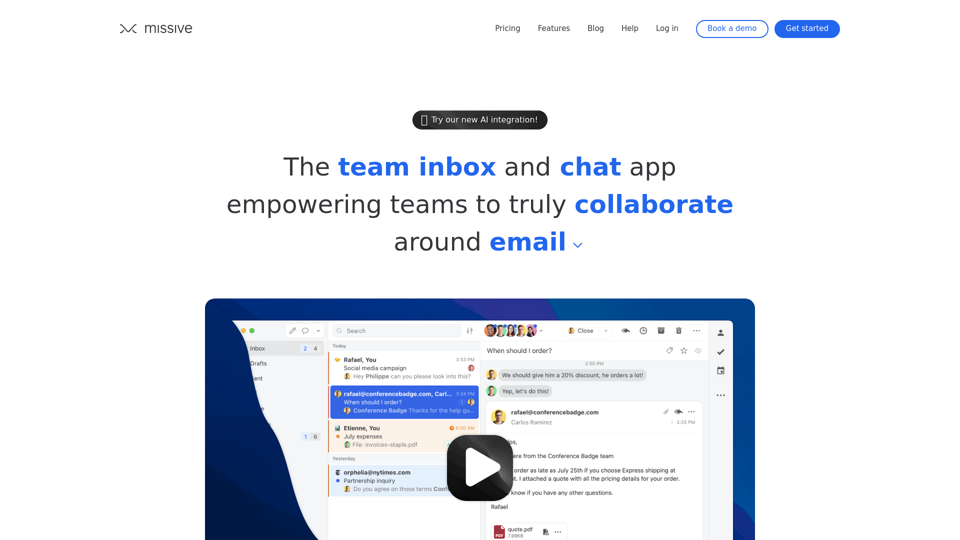AIワークフロー自動化とは?
AIワークフロー自動化は、人工知能を使用してビジネスプロセスを自動化および最適化することです。この技術は、機械学習や自然言語処理などのAIツールを統合し、タスクを実行し、学習し、時間とともに適応するシステムを作成します。主な利点には以下が含まれます:
- 効率の向上: AIは反復的で複雑なタスクを迅速かつ正確に処理します。
- エラーの削減: 人為的なミスを最小限に抑え、一貫した結果を保証します。
- 適応性: データから学習し、時間とともに改善します。
- 意思決定の改善: データ分析からの洞察を提供します。
- パーソナライゼーション: ユーザーの好みに基づいてインタラクションを調整します。
AIワークフロー自動化の利点
AIワークフロー自動化は多くの利点を提供します:
- 効率性: タスクを自動化し、人材を解放します。
- スケーラビリティ: ビジネスの成長に容易に適応します。
- 柔軟性: リアルタイムでの変化に対応します。
- 手作業の削減: 戦略的なタスクに集中することを可能にします。
これらの利点により、AIワークフロー自動化は、業務パフォーマンスを向上させたい企業にとって貴重なツールとなります。
AIワークフロー自動化の使用方法
AIワークフロー自動化を効果的に実装するには、次のステップに従います:
ワークフローのニーズを特定する
- どのプロセスが自動化の恩恵を受けるかを決定する: 速度と正確さを必要とする反復タスクに焦点を当てます。
AIワークフロー生成ツールを選択する
- ビジネスニーズに合ったツールを選ぶ: 使いやすさ、スケーラビリティ、統合機能などの特徴を考慮します。
ワークフローを設計する
- タスクと意思決定ポイントの順序をマッピングする: ワークフローの視覚的な表現を作成します。
実装とテストを行う
- ワークフローを展開し、テストを実施する: 期待通りに動作することを確認し、必要に応じて調整を行います。
監視と最適化を行う
- パフォーマンスを継続的に監視する: AIの学習能力を活用して、継続的な最適化を行います。
これらのステップに従うことで、企業は効率的で適応性のあるワークフローを作成し、生産性と成長を向上させることができます。

